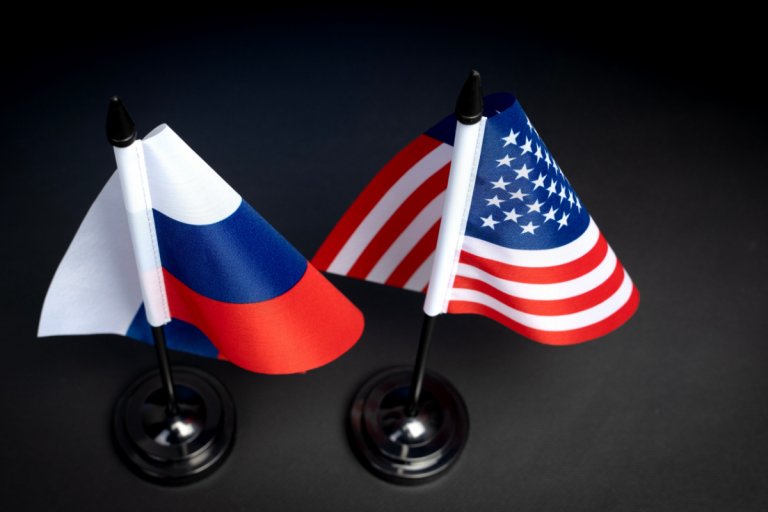Trump’s criticism and Kremlin’s calm response
Donald Trump’s recent remarks on Russia were unusually harsh. He described the country as a “paper tiger” fighting aimlessly in Ukraine and even suggested NATO should shoot down Russian aircraft if they enter allied airspace. Yet, instead of delivering a fiery rebuttal, Moscow’s initial reaction was measured. Kremlin spokesman Dmitry Peskov dismissed the “paper tiger” jab with humor, saying Russia is more like a bear, not a “paper bear.” He also rejected the notion that Ukraine could retake occupied territories but stressed that Moscow values Trump’s political will to pursue peace talks.
Why Moscow is holding back
Analysts note this restrained response is part of a familiar pattern. Russian officials often respond calmly when Trump issues criticism, believing his views are fluid and shaped by whoever spoke to him last. Local media suggested Trump’s recent meeting with Volodymyr Zelensky influenced his tone. Peskov confirmed Russia plans to communicate its stance directly through Foreign Minister Sergei Lavrov, who is scheduled to meet U.S. Secretary of State Marco Rubio at the United Nations General Assembly.
No threats, no deadlines
Another reason for the muted reaction is that Trump’s words lacked concrete consequences. There were no mentions of new sanctions, deadlines, or ultimatums. When asked if he still trusted Vladimir Putin, Trump said he would decide “in about a month.” Such an open-ended answer gives the Kremlin little cause for alarm. On accusations of airspace violations, Peskov outright denied wrongdoing and criticized what he called “hysteria” from Western officials.
Economic pressures in Russia
Trump also depicted Russia’s economy as being in deep crisis, a claim the Kremlin denied. In reality, while not collapsing, the Russian economy is under strain. Falling oil and gas revenues, growing budget deficits, and heavy war spending are weighing on finances. Recent Ukrainian drone strikes on refineries have caused fuel shortages, even acknowledged in Russian media. The finance ministry has proposed raising VAT from 20% to 22% next year to support defense spending. Despite these pressures, Moscow shows no sign of changing course in Ukraine. For now, Putin appears determined to sustain the war, regardless of Trump’s rhetoric.


